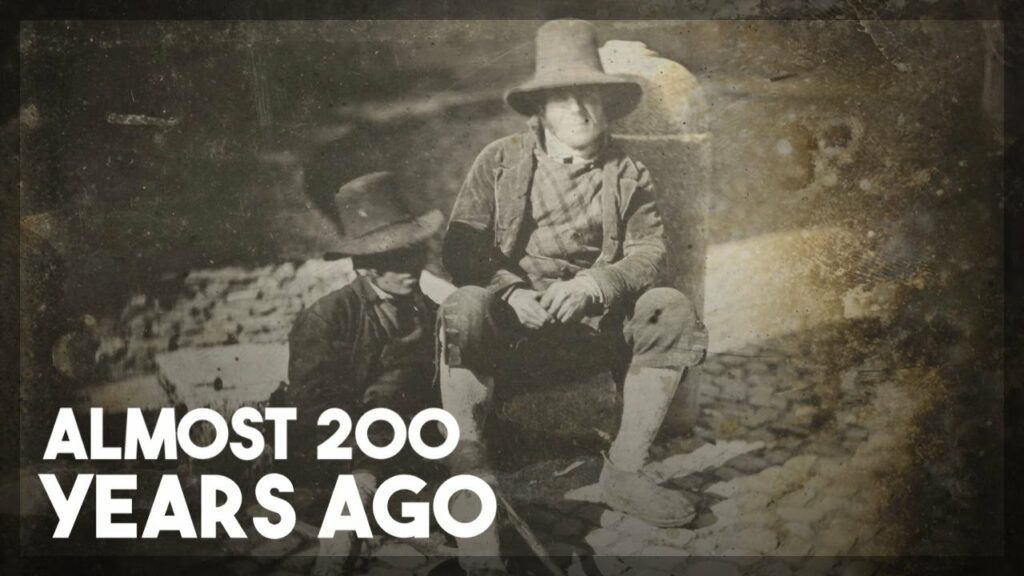Beginning in the late seventeenth century, aristocratic Englishmen or continental Europeans came of age and went on a Grand Tour. Lasting anything from few a months to a few years, such trips were meant directly to expose their young takers to the legacy of the Renaissance and antiquity. Naturally, most Grand Tour itineraries placed the utmost importance on Italy and Greece; some even went to the Holy Land, as satirized by Mark Twain in The Innocents Abroad. By the time that book was published in 1869, the Grand Tour was out of high fashion — but a couple of decades earlier, Joseph-Philibert Girault de Prangey had preserved many of its destinations with a piece of cutting-edge technology known as the camera.
Girault de Prangey went on his first photographic “Grand Tour” in 1841, when he was in his late thirties. Having already traveled extensively and received an education in both art and law, he was hardly a callow youth in need of refinement. But he was an aristocrat, the sole inheritor of his family fortune, and thus able to “devote his life to his passions: travel, arts, and publishing.”
So says the narrator of the Kings and Things video above, which tells the story of how Girault de Prange managed to leave us the earliest known photographs of a large swath of the world. This project “took him from Italy to Greece, Egypt, Turkey, and the Levant, he captured over 1,000 photographs, with subjects ranging from streetscapes and architectural details to nature and landscapes and portraits of local people.”
Not that photography per se was Girault de Prangey’s goal; for him, taking a picture constituted merely an early step in the creation of a drawing or painting. “Although he only intended to use them as a sort of sketch to refer to back home in his studio,” he “arranged his pictures so as to produce a sense of drama or mystery, and this artistic sensibility sets him apart from many other pioneers of photography, who were primarily technicians or inventors.” The age of the Grand Tour was ending even in Girault de Prangey’s day, but 180 years later (and about a century after their rediscovery in one of his estate’s storerooms), his photographs send us on a very different kind of trip: not just across the world, but — much more thrillingly — deep back in time as well.
via Aeon
Related content:
The First Photograph Ever Taken (1826)
See the First Photograph of a Human Being: A Photo Taken by Louis Daguerre (1838)
Take a Visual Journey Through 181 Years of Street Photography (1838-2019)
Rome Comes to Life in Photochrom Color Photos Taken in 1890: The Colosseum, Trevi Fountain & More
The First Surviving Photograph of the Moon (1840)
Based in Seoul, Colin Marshall writes and broadcasts on cities, language, and culture. His projects include the Substack newsletter Books on Cities, the book The Stateless City: a Walk through 21st-Century Los Angeles and the video series The City in Cinema. Follow him on Twitter at @colinmarshall or on Facebook.
